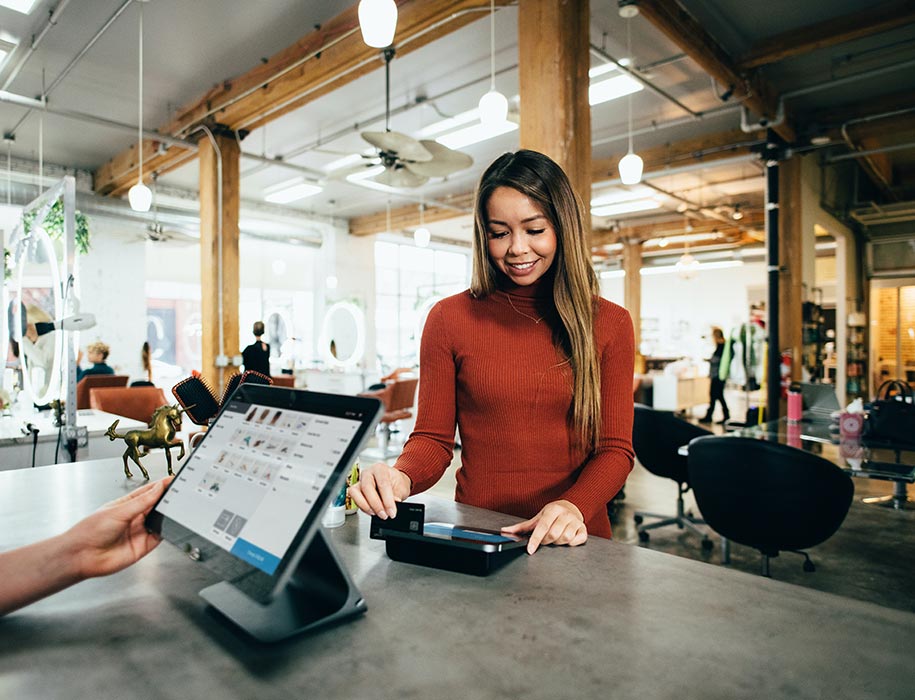

About 500,000 people a year are victims of identity theft, a fast-growing form of fraud that involves criminals stealing personal information and using it to apply for credit in the victim’s name. Likewise, criminals continue to employ “phishing”, where they create a replica of a legitimate website to trick someone into submitting personal, financial or password data and then send emails directing people to these fake websites. While some emails are clearly dubious, others may appear to be from a legitimate email address. However, don’t rely on the name or address in the “From” field because this can be easily altered. 1st United Bank does not solicit account information via email. Unsolicited requests for 1st United Bank account information should be reported immediately.
How to Fight Identity Theft
- Don’t give your Social Security or account numbers to anyone over the phone or online unless you have initiated the contact. Ask if you have a choice about the use of your information.
- Tear up receipts, old bank statements and unused credit card offers before throwing them away.
- Use eStatments.
- Delete suspicious emails without opening them. If you do open a suspicious email, don't open any attachments or click on any links in the email.
- We will never initiate a request via email for your sensitive information like your User Name or Password, Social Security Number, Personal Identification Number (PIN) or full account number. For your safety never share this information with anyone.
- Protect your PINs and computer passwords - use a combination of letters and numbers and change them regularly. Don't carry this information with you.
- Pay attention to your billing cycles. Follow up with creditors if your bills don't arrive on time. Review your bank and credit card statements as soon as you receive them to check for unauthorized transactions.
- Order a FREE copy of your credit report once a year to ensure that it’s accurate. Call any of the three national reporting agencies: Equifax (800) 525-6285; Experian (888) 397-3742; Trans Union (800) 680-7289.
Call 1st United Bank at 507-334-2201 immediately if your identification, Checkbook, ATM, Check Card, is lost or stolen. Call your other creditors and call the credit bureaus to ask that a fraud alert be placed in your file.
Consumers can report identity theft at IdentityTheft.gov, the federal government’s one-stop resource to help people report and recover from identity theft. The site provides step-by-step advice and helpful resources like easy-to-print checklists and sample letters.


